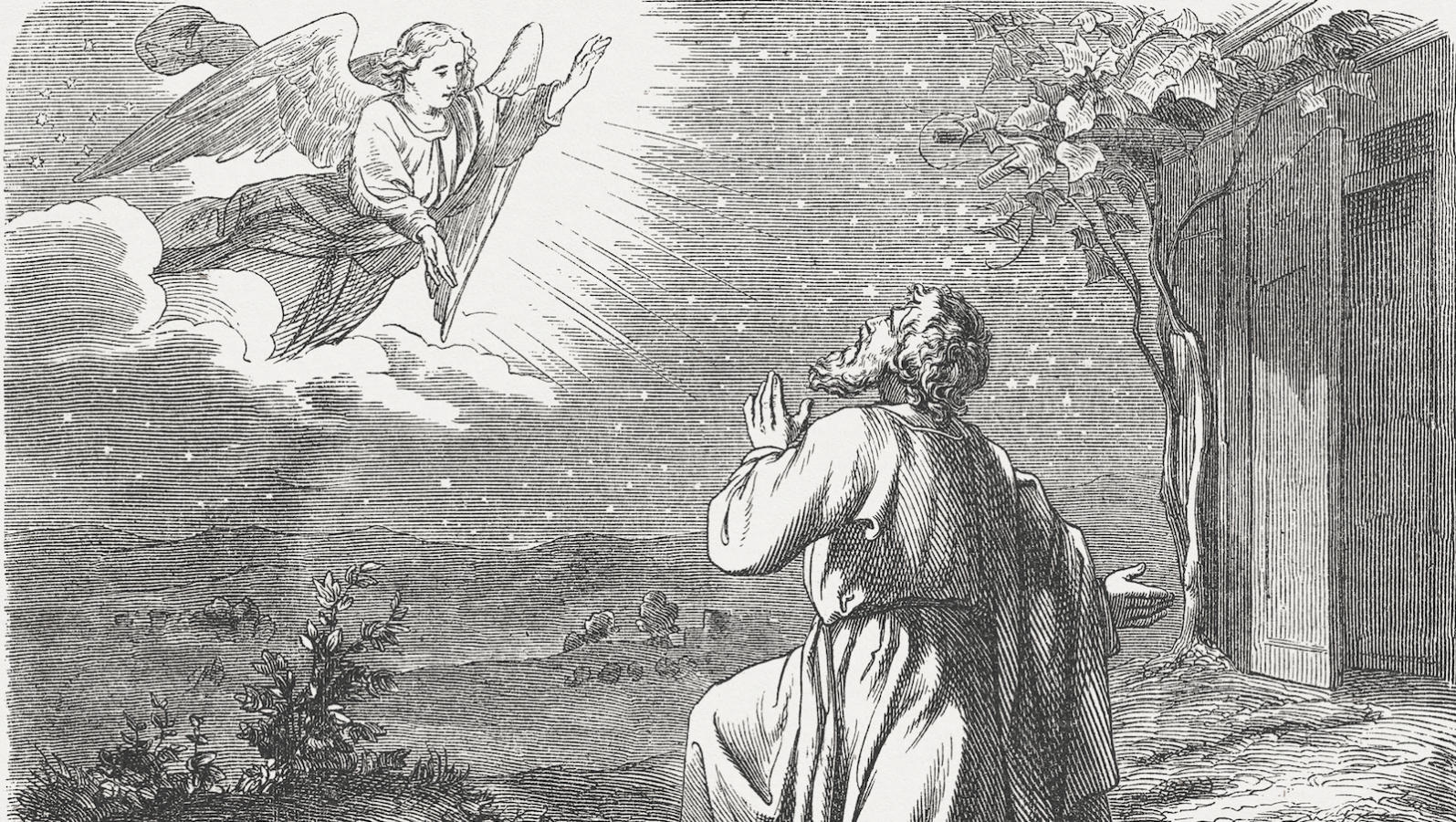Commentary on Parashat Lech-Lecha, Genesis 12:1-17:27
At a ripe old age, Abram receives a message from God, telling him that he will yet produce an heir, and that the child will inherit not only Abram’s property, but also his father’s covenant with God. Surely God’s promise would strain the credulity of even the most devoted follower. Sarah had been barren throughout her life. Now, her body no longer surged with the monthly cycle of women–childbearing wasn’t even a possibility. And she herself testified that her husband was far too old to father children. Yet, despite biological reality, God tells Abram that he will have a child, and that his descendants will outnumber the stars in the sky!
In response to God’s astounding promise, the states simply that “because he put his trust in the Lord, he reckoned it to his credit.” In that one ambiguous sentence, the Torah contrasts the rich complexity of biblical faith and the flimsy superficiality of the contemporary notion of faith.
American Definition of “Faith”
For most religious Americans, “faith” means belief in certain claims about the metaphysics of reality. Faith is perceived as a mental acceptance, a lack of doubt. Accordingly, true faith requires a willingness to refrain from too much thought, to ignore the difficult questions which life inevitably raises. And, as a result, when those questions do arise–as indeed they must–this faulty “faith” is often destroyed in its wake.
How different is the biblical-rabbinic understanding of faith! Abram is portrayed as a man filled with tensions and doubt. In no way can he be said to enjoy peace of mind. Instead, our reveals him worrying about his lack of heirs, about the state of his covenant with God, and his relations with his neighbors. In the midst of all those struggles, Abram has a discussion with God. And what emerges is a radically different kind of faith experience. Abram comes to understand that faith is not the passive acquiescence to an idea, nor does it require obediently stifling a doubt.

Help us keep Jewish knowledge accessible to millions of people around the world.
Your donation to My Jewish Learning fuels endless journeys of Jewish discovery. With your help, My Jewish Learning can continue to provide nonstop opportunities for learning, connection and growth.
What is Jewish Faith Exactly?
Faith is a willingness to trust, despite one’s doubts and through one’s tensions. Faith is trust. The most simple reading of our biblical verse is that God reckoned Abram’s trust to his merit.
The medieval commentator, Rashi notes that God credited Abram’s trust to his tzedakah (righteousness) because Abram “did not ask God for a sign.”
A more recent biblical work, the Torah Temimah (by Rabbi Barukh Epstein, 19th-20th century, Russia), understands our ambiguous sentence differently — that Abram trusted God and considered God’s promise as evidence of God’s righteousness. We often take for granted that we live in a habitable universe–the sun rises and sets with predictable regularity, the earth produces material which in turn nourishes other living things, and human beings are able to produce and raise children to adulthood.
While the world may be far from perfect, it is–nonetheless–regular, reliable and vital. Evidence of God’s promise is not hard to find. One way of understanding our verse, then, is to see in it God’s willingness to trust Abraham.
Another way to read the verse is to recognize Abraham’s willingness to trust God. Both are far from predictable. Both represent little miracles. There is insight in both readings. Abram and God present faith as a willingness to trust, despite the reality of setbacks and suffering. Rather than some pale recital of a creed, Judaism insists on a rich trust, demonstrated not by spreading the word, but by living the deeds.
Provided by the Ziegler School of Rabbinic Studies, which ordains Conservative rabbis at the American Jewish University.



